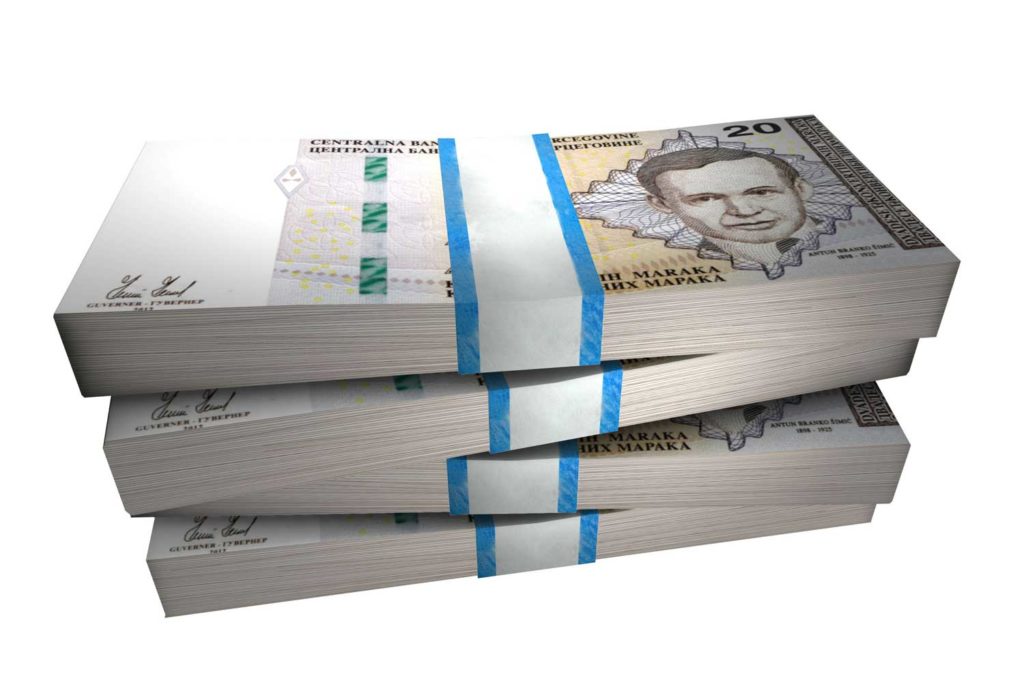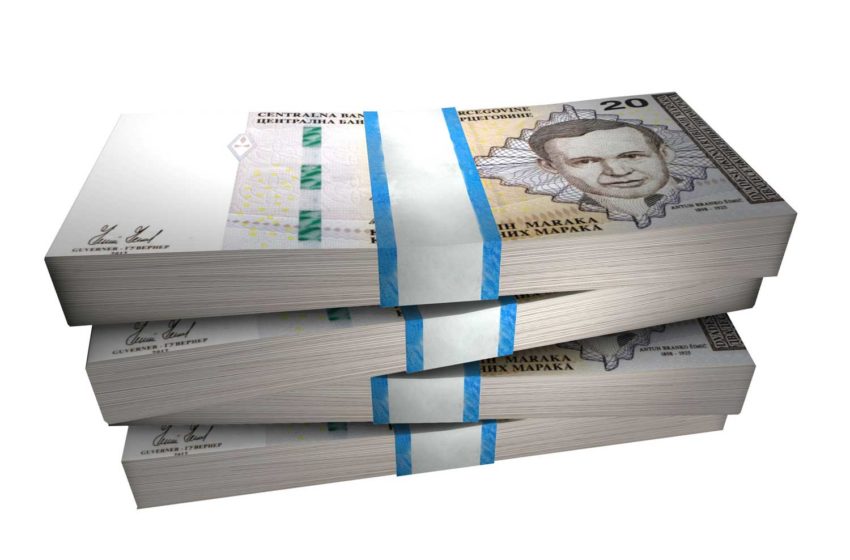
The government of Bosnia and Herzegovina should consider reducing its tobacco excise taxes to help tackle the flourishing illegal cigarette trade, according to Svetozar Mihajlovic, director of AD Duvan.
Bosnia and Herzegovina levies a 90 percent tax on the retail price of tobacco products—above the 80 percent recommended by the European Union, where the average consumer has a much higher disposable income.
“It is a huge amount of tobacco that ends up on the black market, and the state, unfortunately, has not done anything about it yet,” Mihajlovic said in The Sarajevo Times.
. “They only increased excise taxes, and by increasing excise taxes they created an abnormal situation on the market and that led to the black market being dominant in this territory.”
Poor excise and agrarian policies have brought Bosnia and Herzegovina’s tobacco industry to the brink of collapse, according to observers.
In the 1970s, the region produced 25,000 tons of tobacco. This declined to about 10,000 tons in the 1990s, and today local farmers grow only about 500 tons per year—a significant share of which ends up in illicit cigarettes.











